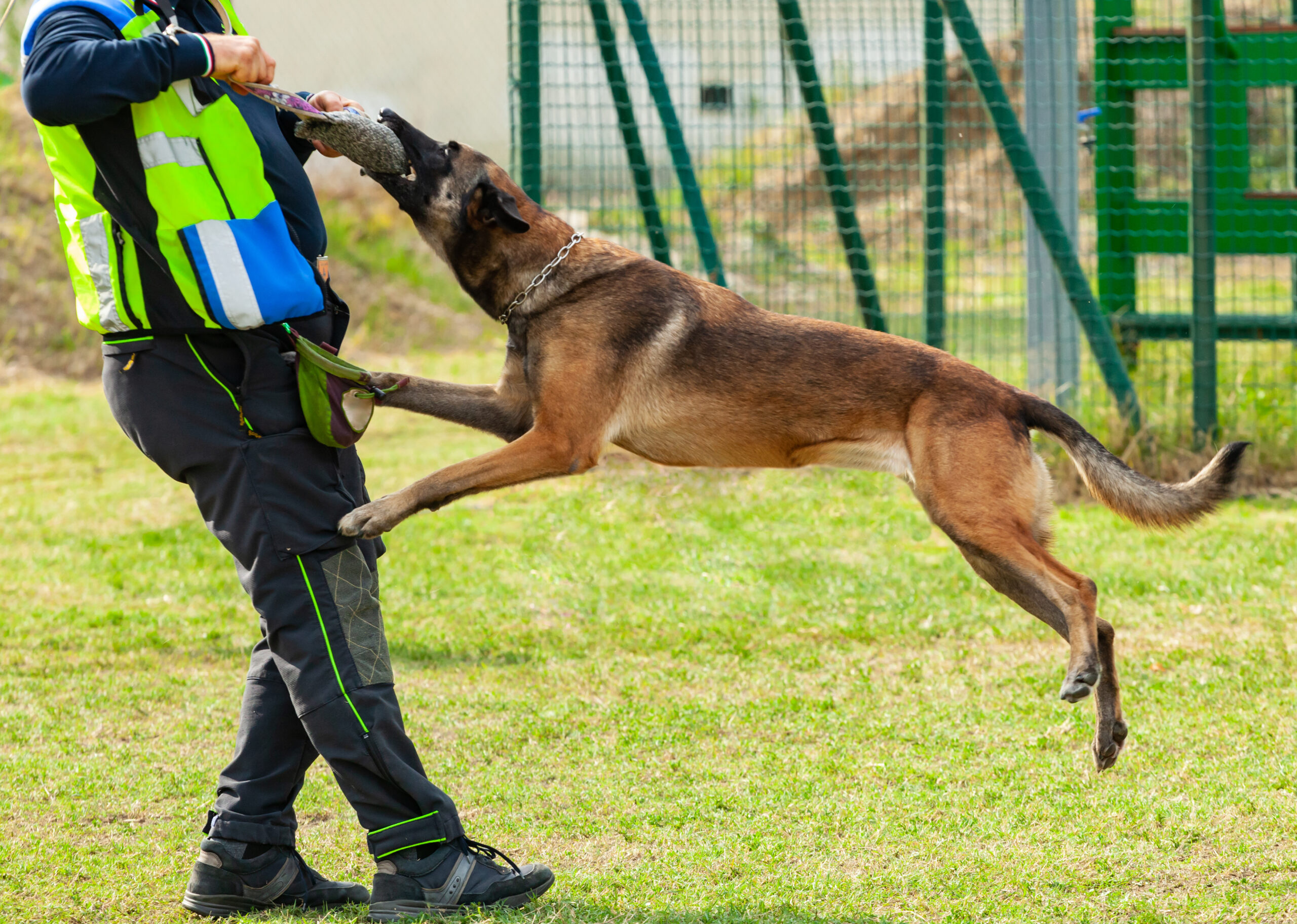Dog Bite Claims: Understanding Your Rights and Seeking Compensation

Dog ownership brings joy and companionship to many individuals and families. However, there are instances when dogs can become aggressive and cause harm through bites or attacks. If you or a loved one has experienced a dog bite or attack, it’s essential to understand your rights and the legal recourse available to you. This article aims to provide an overview of dog bite claims, including the steps involved in pursuing a claim and seeking compensation for your injuries.
Understanding Dog Owner Liability
In many jurisdictions, dog owners are held legally responsible for the actions of their pets. This means that if a dog bites or attacks someone, the owner may be liable for any resulting injuries. The specific laws and regulations regarding dog bite liability may vary, so it’s important to consult local laws or seek legal advice pertaining to your jurisdiction.
Establishing Liability
To successfully pursue a dog bite claim, several key elements must generally be established:
Ownership or Control
It must be proven that the individual being sued is the owner or had control over the dog at the time of the incident. This can include the owner of the dog or the person responsible for its care or custody.
Knowledge of the Dog’s Dangerous Propensities
In some jurisdictions, the dog owner may be held liable if they were aware or should have been aware of their dog’s aggressive tendencies or dangerous behaviors. This could involve prior incidents or knowledge of the dog’s history of aggression.
Negligence or Violation of Leash Laws
In certain cases, a dog owner may be held liable if they acted negligently or violated local leash laws, leading to the dog bite incident.
Comparative Negligence
Some jurisdictions consider the conduct of the victim in determining liability. If the victim’s actions contributed to the incident, it might affect the amount of compensation awarded.
Seeking Compensation
When pursuing a dog bite claim, the goal is to seek compensation for the damages suffered. Potential areas of compensation include:
Medical Expenses
This covers the cost of medical treatment, including emergency care, hospitalization, surgery, medication, rehabilitation, and ongoing therapy.
Pain and Suffering
Compensation may be awarded for physical and emotional pain, trauma, scarring, disfigurement, and any resulting psychological distress.
Lost Wages
If the dog bite injury leads to missed work or a reduced ability to earn an income, compensation may be sought for lost wages and diminished earning capacity.
Property Damage
If personal belongings, such as clothing or accessories, were damaged during the incident, reimbursement for these losses may be sought.
Legal Fees
In some cases, the injured party may be entitled to reimbursement for legal expenses incurred during the pursuit of the claim.
Steps in Pursuing a Dog Bite Claim:
- Seek immediate medical attention for your injuries. Document the details of the incident, including the date, time, location, and any witnesses present.
- Report the incident to local authorities, such as animal control or the police, as they may need to investigate the incident and file a report.
- Gather evidence, including photographs of your injuries, the scene of the incident, and any visible signs of negligence or dangerous conditions.
- Obtain witness statements and contact information from anyone who witnessed the incident.
- Consult with a personal injury attorney experienced in dog bite cases. They will assess the strength of your claim, guide you through the legal process, and advocate for your rights.
Your attorney will help you negotiate with the dog owner’s insurance company or, if necessary, file a lawsuit on your behalf.
Being bitten or attacked by a dog can be a traumatic experience, resulting in physical injuries and emotional distress. Understanding your rights and the legal options available to you is crucial. Speak with one of our personal injury lawyers and get the compensation you deserve.
